Laptop overheating has become widespread for laptop users. Laptop overheating most commonly signals itself by suddenly shutting down for unknown reason, constant or excessive fan operation, unexplained memory or operation errors, inexplicable “blue screens of death, system crashes, sluggishness or slowness, some parts of it too hot to touch and so forth.
Laptop overheating often arises when you are using your computer intensively in ways that keep the CPU operating at high capacity and the hard drive and video systems busy as well, playing games, Virus scans, compiling software and similar intensive tasks can also bring on the problem. Please pay close attention to the fact that all laptops will overheat if you use them in a cruel enough environment. Obvious examples are stifling hot attics, vehicles without air conditioning in the summer and placed on hot surfaces. Using a laptop outside in direct sunlight in the summer is also likely to lead to laptop overheating (Notebook computers are entirely reliant on air flow for cooling, and the higher the ambient air temperature, the less the laptop will be able to cool itself.)
Meanwhile, overheating laptops can be damaged, and might end up permanent damage to major syste, such as motherboards, graphic cards, laptop batterylife time, etc. In addition, medical researchers have reported health issues ranging from sterility to burned genitalia related to use of overheated laptops by fully clothed users.
So how to fix laptop overheating problem and prevent notebook overheating?
Here are simple solutions for you.
1. If you have an overheating laptop and your computer is still under warranty, you should promptly report the problem to the manufacturer and seek their help. And you should also read the information on laptop overheating on this and related sites so you can better understand the causes, the consequences and the possible cures for notebook computer overheating.
2. If a laptop is starting to overheat all of a sudden check the CPU fan, you should be able to hear it running, also check the thermal paste which helps transfer heat from the processor to the heatsink as it can lose efficiency and will need to be replaced.
3. Applying the power saving functions of a laptop will make a it run much cooler, plus increase its battery life.
4. Always use your laptop on a tray, desktop, or other cool surface and keep all vents clear.
5. Use an aerosol air duster, or can of compressed air, to blow dust from the air intake vents.
6. Clean the cooling fan exhaust system. The cooling or CPU fan is located on the side or back of the case.
7. Use a commercial laptop cooler marketed as adjuncts to the laptop's cooling system.
8. Adjust your BIOS settings becasue most laptops have features built into the system BIOS that allow fan speed, CPU temperature alarms, and other settings to be adjusted.




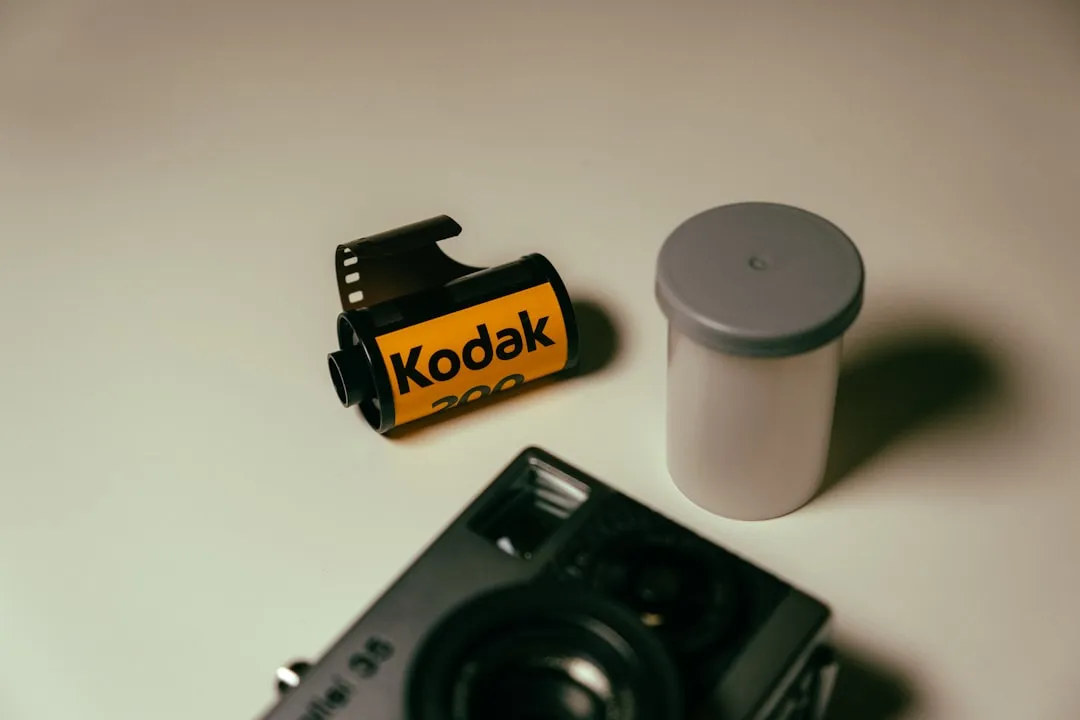
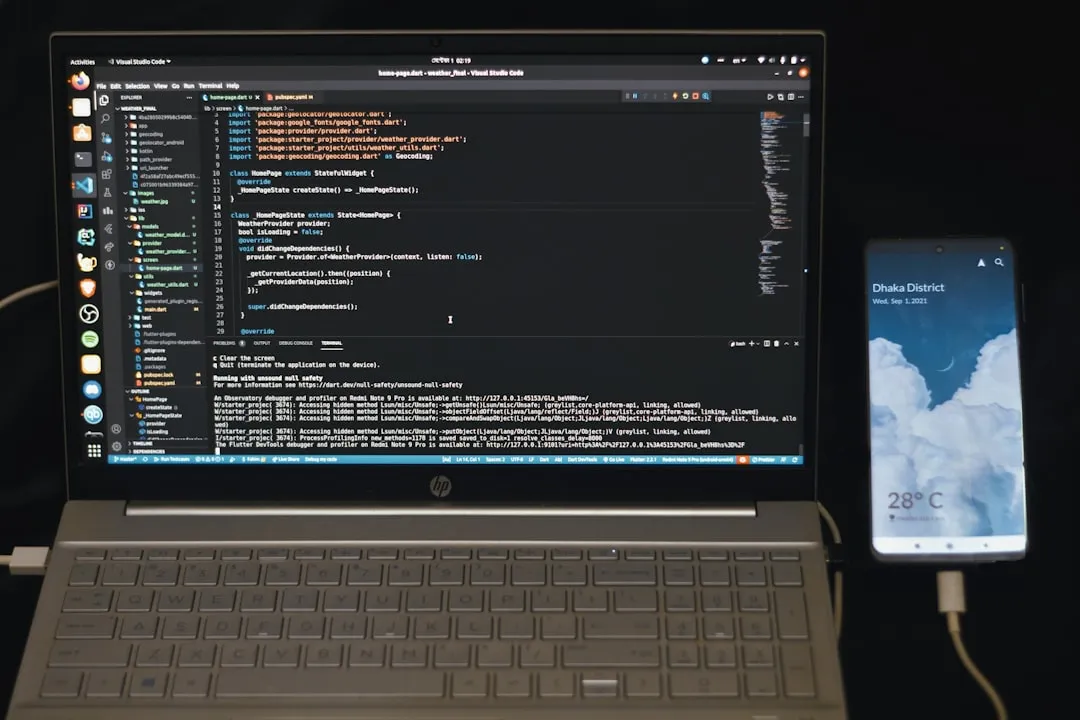
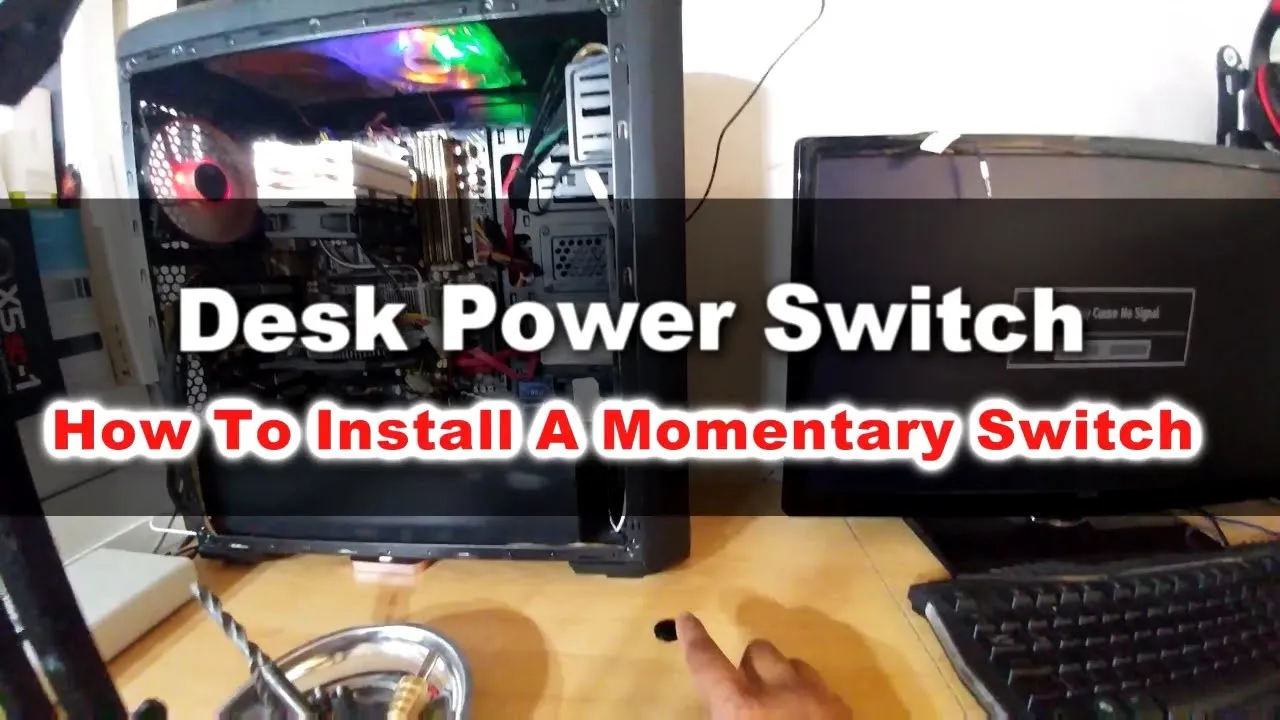
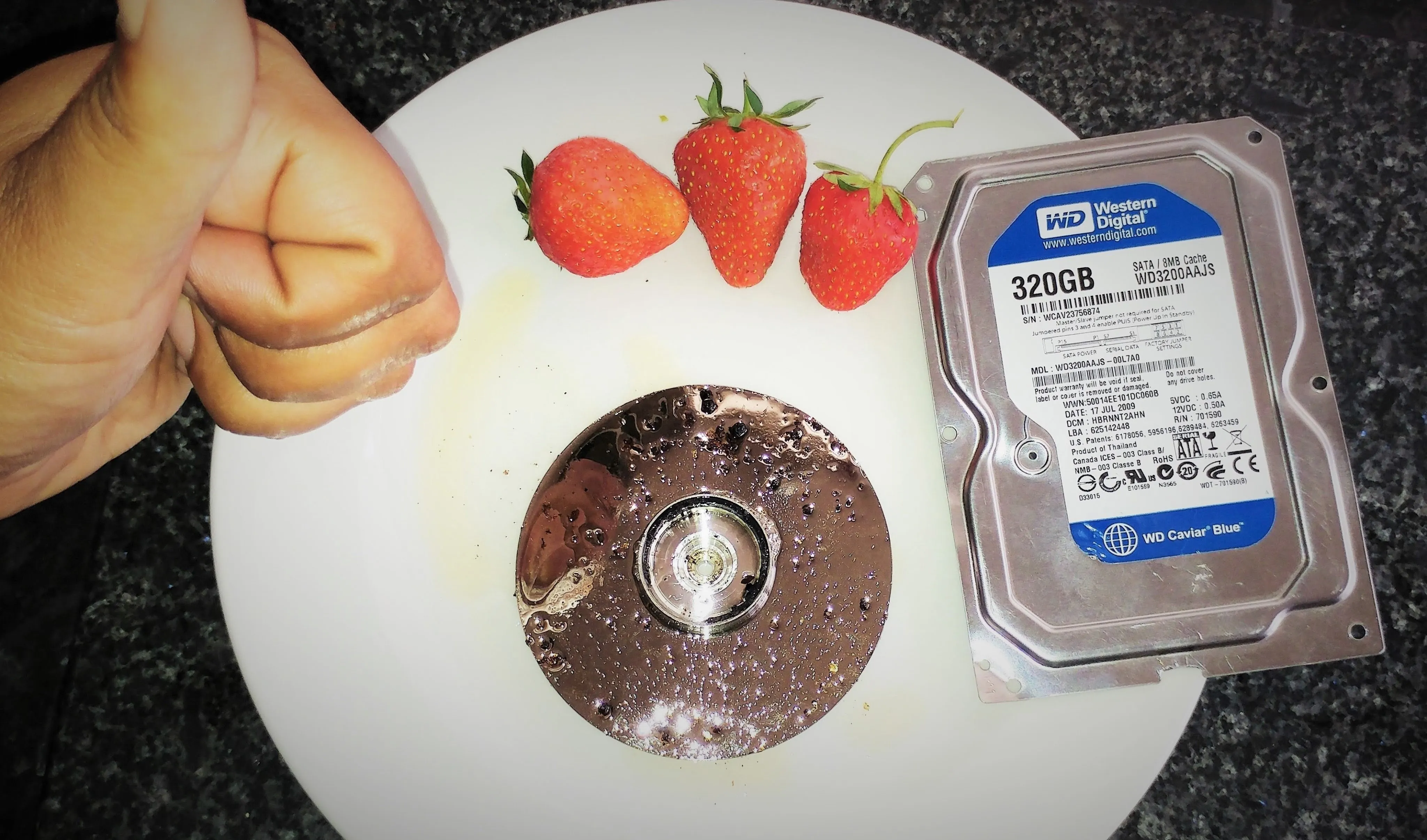
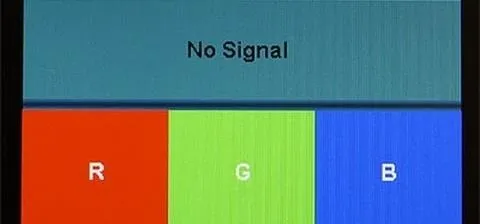



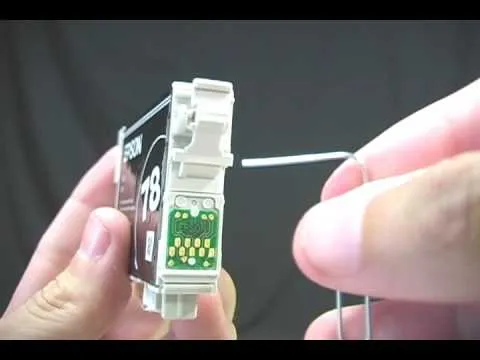

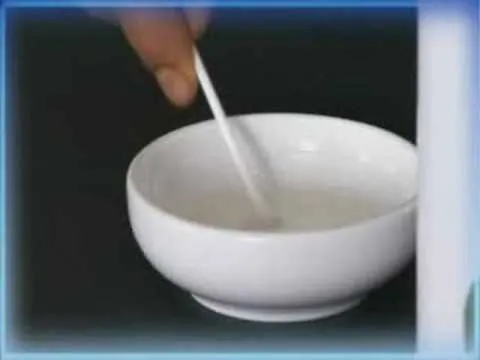
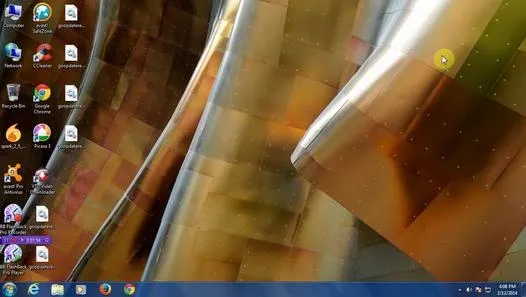
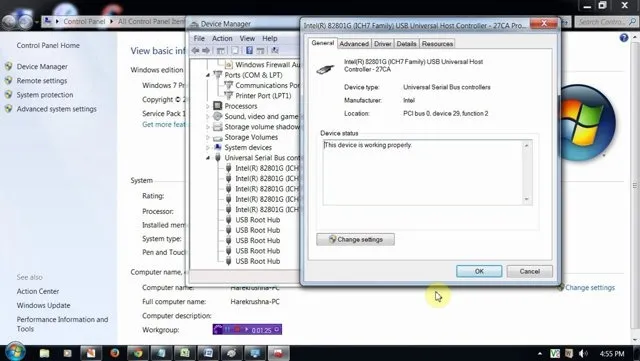



Comments
Be the first, drop a comment!